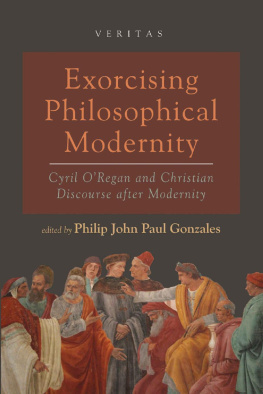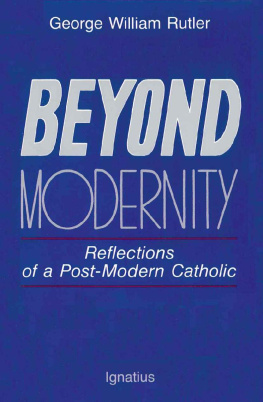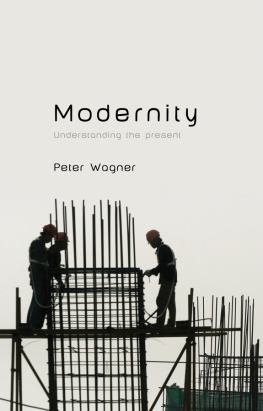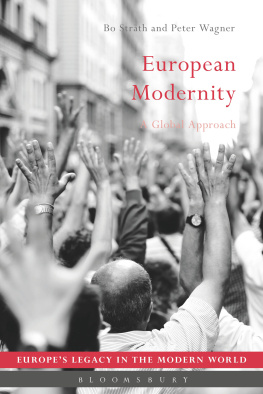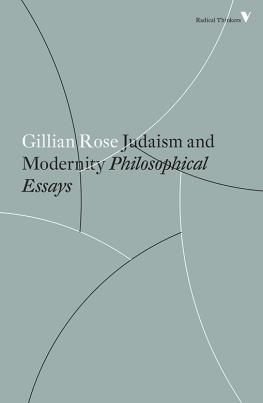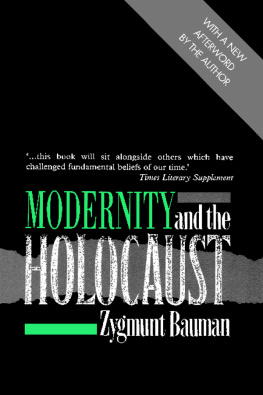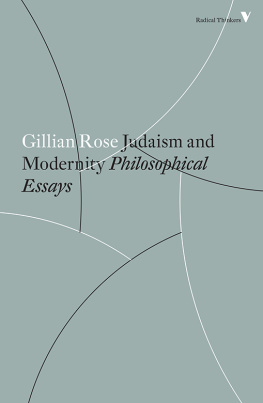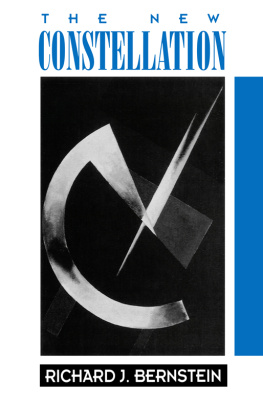Exorcising Philosophical Modernity
Cyril ORegan and Christian Discourse after Modernity
Edited by Philip John Paul Gonzales
Exorcising Philosophical Modernity
Cyril ORegan and Christian Discourse after Modernity
Copyright 2020 Wipf and Stock Publishers. All rights reserved. Except for brief quotations in critical publications or reviews, no part of this book may be reproduced in any manner without prior written permission from the publisher. Write: Permissions, Wipf and Stock Publishers, W. th Ave., Suite , Eugene, OR 97401 .
Cascade Books
An Imprint of Wipf and Stock Publishers
W. th Ave., Suite
Eugene, OR 97401
www.wipfandstock.com
paperback isbn: 978-1-4982-9712-7
hardcover isbn: 978-1-4982-9714-1
ebook isbn: 978-1-4982-9713-4
Cataloguing-in-Publication data:
Names: Gonzales, Philip John Paul, 1981, editor
Title: Exorcizing philosophical modernity : Cyril ORegan and Christian discourse after modernity / edited by Philip John Paul Gonzales.
Description: Eugene, OR: Cascade Books, 2020 | Includes bibliographical references and index.
Identifiers: isbn 978-1-4982-9712-7 ( paperback ) | isbn 978-1-4982-9714-1 ( hardcover ) | isbn 978-1-4982-9713-4 ( ebook )
Subjects: LCSH: ORegan, Cyril, 1952 | ChristianityPhilosophy | Metaphysics | Theology | Apocalyptic literatureHistory and criticism
Classification: BT103 G66 2020 ( paperback ) | BT103 ( ebook )
Manufactured in the U.S.A. 09/19/19
Contents
VERITAS
Series Introduction
... the truth will set you free (John 8:32 )
In much contemporary discourse, Pilates question has been taken to mark the absolute boundary of human thought. Beyond this boundary, it is often suggested, is an intellectual hinterland into which we must not venture. This terrain is an agnosticism of thought: because truth cannot be possessed, it must not be spoken. Thus, it is argued that the defenders of truth in our day are often traffickers in ideology, merchants of counterfeits, or anti-liberal. They are, because it is somewhat taken for granted that Nietzsches word is final: truth is the domain of tyranny.
Is this indeed the case, or might another vision of truth offer itself? The ancient Greeks named the love of wisdom as philia , or friendship. The one who would become wise, they argued, would be a friend of truth. For both philosophy and theology might be conceived as schools in the friendship of truth, as a kind of relation. For like friendship, truth is as much discovered as it is made. If truth is then so elusive, if its domain is terra incognita , perhaps this is because it arrives to usunannouncedas gift, as a person, and not some thing.
The aim of the Veritas book series is to publish incisive and original current scholarly work that inhabits the between and the beyond of theology and philosophy. These volumes will all share a common aspiration to transcend the institutional divorce in which these two disciplines often find themselves, and to engage questions of pressing concern to both philosophers and theologians in such a way as to reinvigorate both disciplines with a kind of interdisciplinary desire, often so absent in contemporary academe. In a word, these volumes represent collective efforts in the befriending of truth, doing so beyond the simulacra of pretend tolerance, the violent, yet insipid reasoning of liberalism that asks with Pilate, What is truth?expecting a consensus of non-commitment; one that encourages the commodification of the mind, now sedated by the civil service of career, ministered by the frightened patrons of position.
The series will therefore consist of two wings: () original monographs; and () essay collections on a range of topics in theology and philosophy. The latter will principally be the products of the annual conferences of the Centre of Theology and Philosophy (www.theologyphilosophycentre .co.uk).
Conor Cunningham and Eric Austin Lee, Series editors
Not available from Cascade
Deane-Peter Baker | Tayloring Reformed Epistemology: The Challenge to Christian Belief . Volume |
P. Candler & C. Cunningham (eds.) | Belief and Metaphysics. Volume |
P. Candler & C. Cunningham (eds.) | Transcendence and Phenomenology |
Marcus Pound | Theology, Psychoanalysis, and Trauma . Volume |
Espen Dahl | Phenomenology and the Holy. Volume |
C. Cunningham et al. (eds.) | Grandeur of Reason: Religion, Tradition, and Universalism. Volume |
A. Pabst & A. Paddison (eds.) | The Pope and Jesus of Nazareth: Christ, Scripture, and the Church. Volume |
J. P. Moreland | Recalcitrant Imago Dei: Human Persons and the Failure of Naturalism. Volume |
Cascade
[Nathan Kerr | Christ, History, and Apocalyptic: The Politics of Christian Mission. Volume ] |
Anthony D. Baker | Diagonal Advance: Perfection in Christian Theology. Volume |
D. C. Schindler | The Perfection of Freedom: Schiller, Schelling, and Hegel between the Ancients and the Moderns. Volume |
Rustin Brian | Covering Up Luther: How Barths Christology Challenged the Deus Absconditus that Haunts Modernity. Volume |
Timothy Stanley | Protestant Metaphysics After Karl Barth and Martin Heidegger. Volume |
Christopher Ben Simpson | The Truth Is the Way: Kierkegaards Theologia Viatorum. Volume |
Richard H. Bell | Wagners Parsifal: An Appreciation in the Light of His Theological Journey. Volume |
Antonio Lopez | Gift and the Unity of Being. Volume |
Toyohiko Kagawa | Cosmic Purpose. Translated and introduced by Thomas John Hastings. Volume |
Nigel Zimmerman | Facing the Other: John Paul II, Levinas, and the Body. Volume |
Conor Sweeney | Sacramental Presence after Heidegger: Onto-theology, Sacraments, and the Mothers Smile. Volume |
John Behr et al. (eds.) | The Role of Death in Life: A Multidisciplinary Examination of the Relation between Life and Death. Volume |
Eric Austin Lee et al. (eds.) | The Resounding Soul: Reflection on the Metaphysics and Vivacity of the Human Person. Volume |
Orion Edgar | Things Seen and Unseen: The Logic of Incarnation in Merleau-Pontys Metaphysics of Flesh. Volume |
Duncan B. Reyburn | Seeing Things as They Are: G. K. Chesterton and the Drama of Meaning. Volume |
Lyndon Shakespeare | Being the Body of Christ in the Age of Management. Volume |
Michael V. Di Fuccia | Owen Barfield: Philosophy, Poetry, and Theology. Volume |
John McNerney | Wealth of Persons: Economics with a Human Face. Volume |
Norm Klassen | The Fellowship of the Beatific Vision: Chaucer on Overcoming Tyranny and Becoming Ourselves. Volume |
Donald Wallenfang | Human and Divine Being: A Study of the Theological Anthropology of Edith Stein. Volume |
Sotiris Mitralexis |

